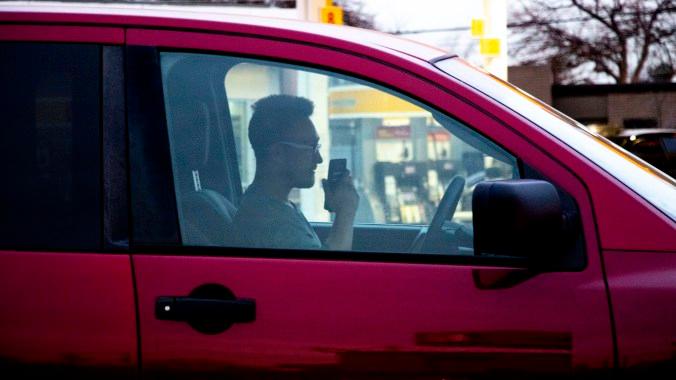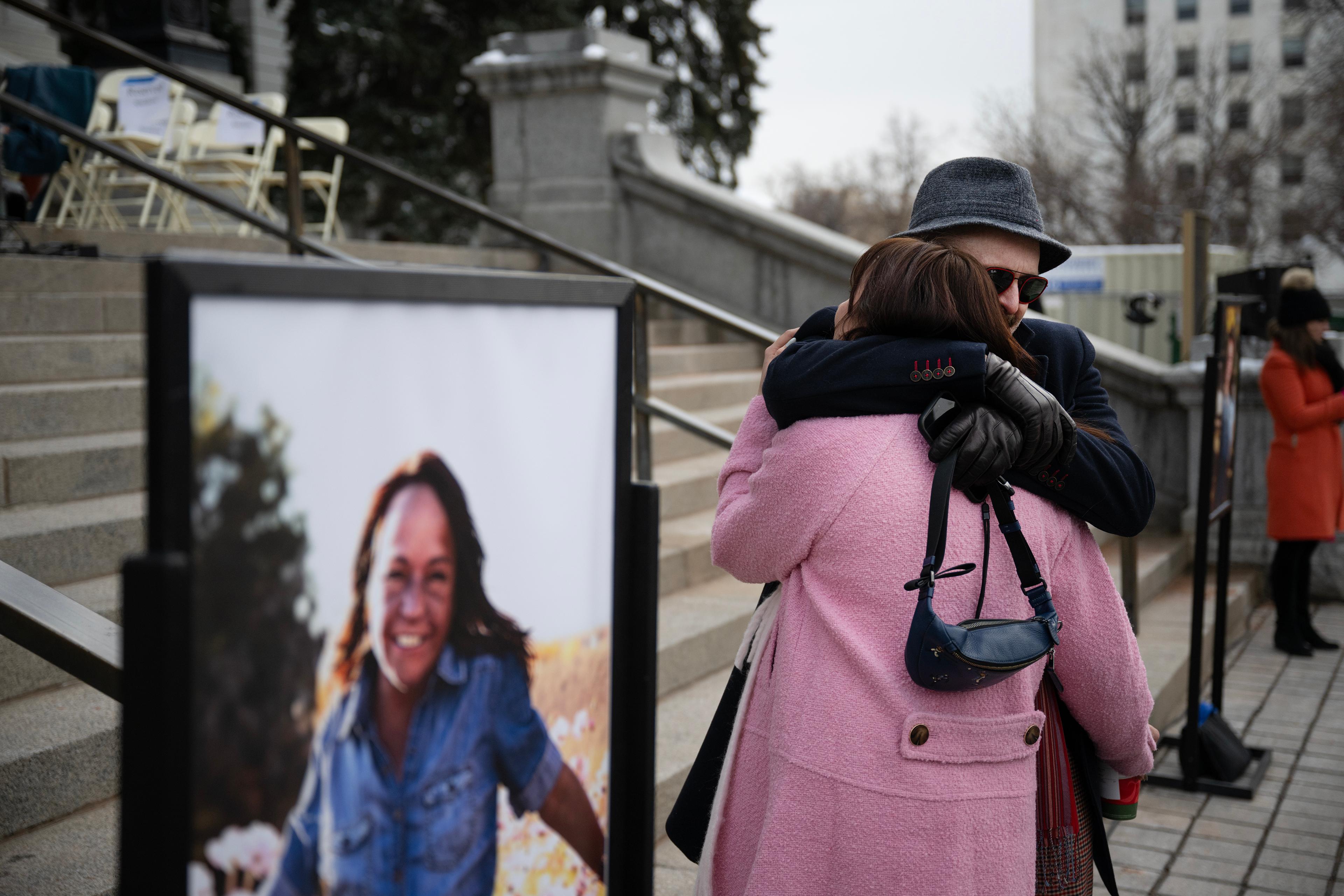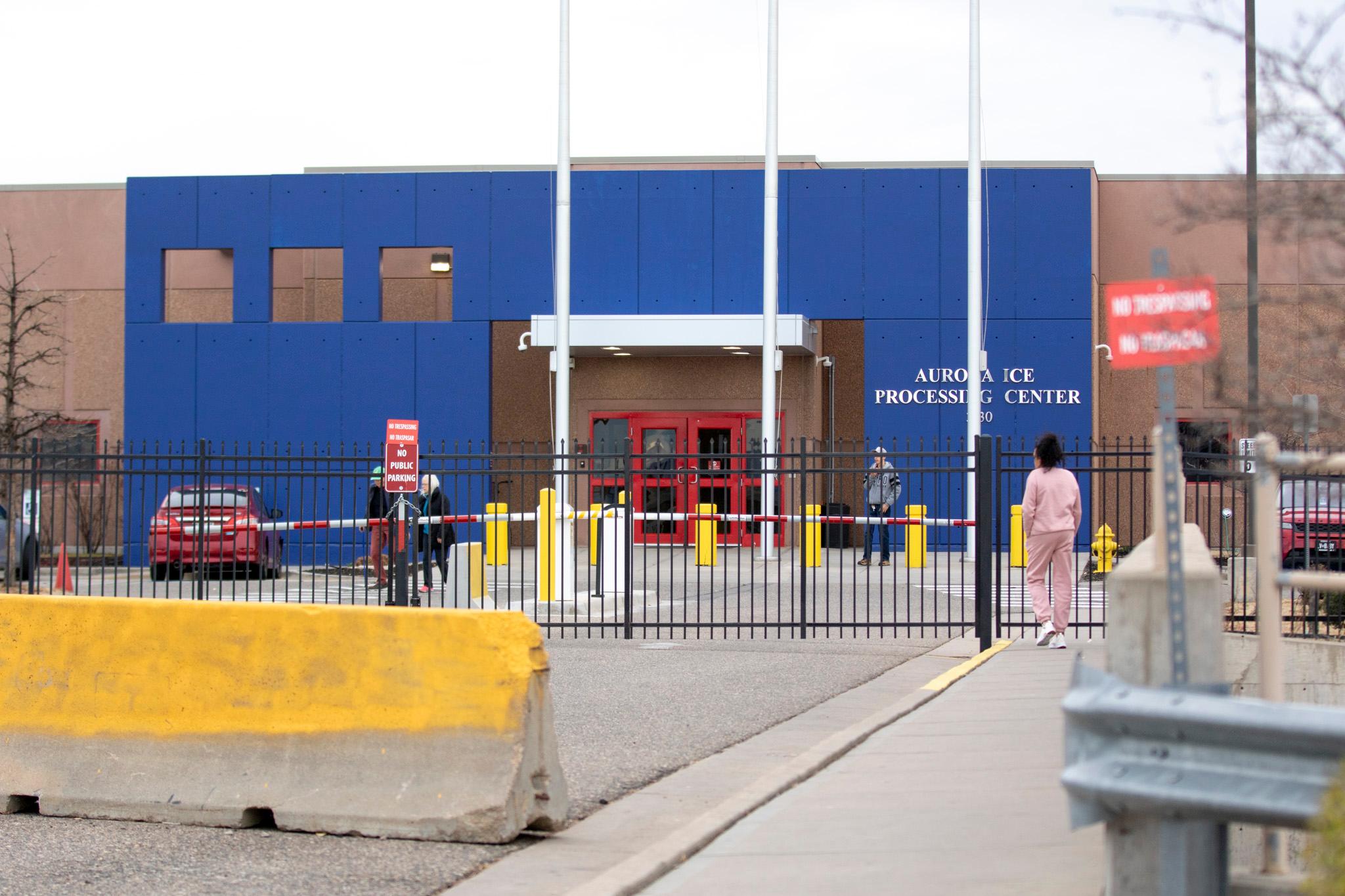
Update, 5/20: The DRCOG board approved the plan at its meeting Wednesday, setting a target of zero deaths by a date to be determined by year's end.
The Denver Regional Council of Government’s board of directors is scheduled to vote Wednesday on a “Vision Zero” plan that aims to eliminate traffic deaths in its nine-county area.
The vote follows similar plans put in place by Denver (which saw its worst year for traffic deaths last year since 2000), Boulder and Brighton in recent years. The Vision Zero philosophy came out of western European cities and is based on one guiding principle.
"Loss of life is not an acceptable price to pay for mobility," Beth Doliboa, a DRCOG transportation planner, said at a committee meeting earlier this week.
The need is especially dire in the Denver area, Doliboa said, where traffic deaths and serious injuries have risen in recent years. Some 1,149 people died and 8,827 were seriously injured on roads in the region between 2013 and 2017. Deaths rose 50 percent in that time, she said. And fatal crashes were far more likely than non-fatal incidents to involve pedestrians, cyclists and motorcyclists.
“We need to make it a point to focus on these vulnerable users,” Doliboa said.
DRCOG and a consultant analyzed that data and have developed strategies to address the different types of crashes. Lower speed limits may help in one area, whereas better crosswalks may be more appropriate elsewhere.
DRCOG and the Colorado Department of Transportation are also planning to spend between $50 million and $77 million in the next few years on safety improvements to urban arterial roads like Federal Boulevard that are especially dangerous to non-motorists.
"I'm certainly excited to see what kinds of ideas we'll get from the local governments to get some improvements out there,” Rebecca White, director of CDOT’s division of transportation development, said at a DRCOG committee meeting earlier this week.
If approved, Vision Zero’s success will largely depend on whether local jurisdictions and the state take it seriously. As an advisory agency, DRCOG doesn’t have the power to control decisions its member governments make.
“DRCOG works with our local governments and our stakeholders in a collaborative way, not a directive way,” Jacob Riger, the agency’s long-term transportation planner, said in an interview.
Advocacy groups have criticized the plan because it technically doesn’t yet have a goal of zero traffic deaths. That’s because DRCOG’s more comprehensive MetroVision Plan sets a target of fewer than 100 traffic deaths yearly by 2040.
"If the goal is not zero, there's nothing really pushing people to be making changes to the way they design our streets and the way we see traffic safety,” said Maureen McCanna, Bicycle Colorado’s education and safety director.
The plan also lacks a clear timeline. Boulder County transportation planner Alex Hyde-Wright, at a DRCOG committee meeting last week, suggested that a goal of zero deaths by 2040 would be “aggressive but achievable.”
DRCOG staff say the goal of zero deaths will be enshrined once it updates its MetroVision regional transportation plan looking out to 2050. That process is underway now. In the meantime, Riger said, the agency is “absolutely committed to a target of zero.”









